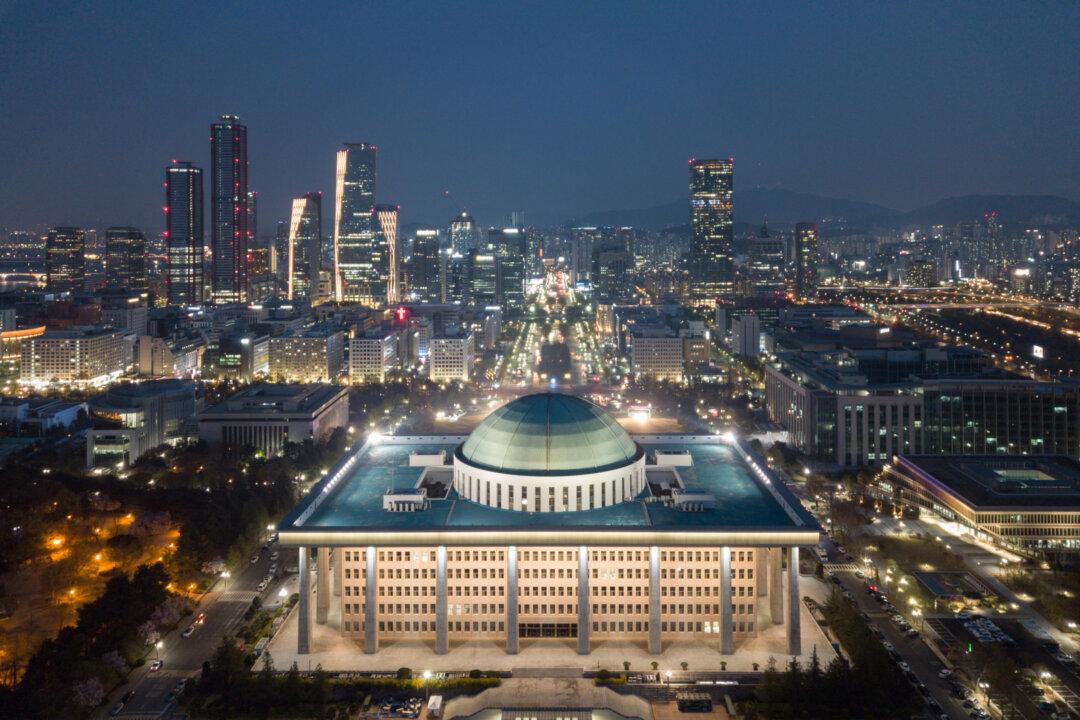On Sept. 12, the second day of the 2023 Korea-China Ceramics Exhibition held at the South Korean National Assembly, a ceramic bust of Mao Zedong—former leader of the Chinese Communist Party (CCP)—was briefly displayed, setting off a wave of public dissent. The statue was quickly taken down by event organizers, but the incident has reignited political and public debate.
Kang Si-bin, the deputy spokesperson for South Korea’s ruling People Power Party (PPP), described the momentary exhibition of the Mao bust in the National Assembly as “deeply regrettable.” The ceramic statue was inscribed with both Chinese and English labels, referring to Mao as a “savior.”





